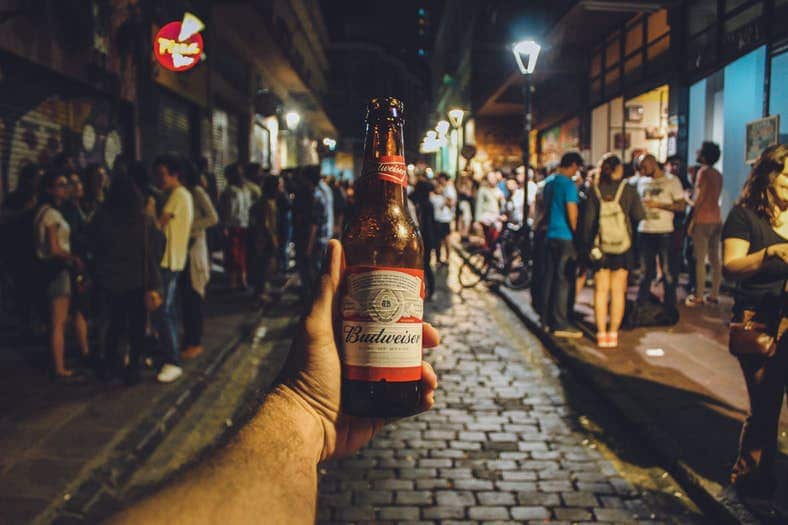In an effort to create a better world through environmentally sustainable practices, Anheuser-Busch InBev launched a $100,000 Global Sustainability Accelerator called 100+ in 2018. What is AB InBev doing in the start-up space, you may ask? The beer giant sits in a unique place within the market, with their host of core processes that have significant impact on the environment. From responsibly sourcing hops, barley, yeast, water, tin, and different plastics, the footprint of AB InBev covers a number of pressing sustainability issues. Based on specific goals, 100+ selects and funds startups that bring effective solutions to the table.
AB InBev has announced the following goals for 2025 on the Accelerator’s website:
- Climate Action: 100% of our purchased electricity will be from renewable sources and we will reduce our CO2 emissions across our value chain by 25%.
- Circular Packaging: 100% of our products will be in packaging that is returnable or made from majority-recycled content.
- Smart Agriculture: 100% of our direct farmers will be skilled, connected and financially-empowered.
- Water Stewardship: 100% of our communities in high stress areas will have measurably improved water availability and quality.
In the 100+ press release, key problems of interest mentioned were water stewardship, farmer productivity, product upcycling, responsible sourcing, and green logistics. Tony Milikin, AB InBev’s Chief Sustainability & Procurement Officer explained: “It’s incumbent on global businesses to play a bigger role in creating a better world for all. At AB InBev, we have a long-term vision to build a company to last for the next 100+ years, which relies on driving sustainability across our business. Our approach is rooted in the communities where we live and work, and we are well positioned to support entrepreneurs who are tackling local challenges. Through the 100+ Accelerator, innovators will benefit from our resources, experience and global reach to speed their progress and scale.”
Most recently, AB InBev hosted their second Demo Day in December 2020, where thirteen startups presented pilot programs running the gamut from developing biomass fractionation technology to replacing wood material with rice husk. The Accelerator will be reopening applications (post-COVID19) in March of 2021, and kicking off their third cohort in May 2021.
More organizations are beginning to incubate businesses within their ecosystem, especially ones that could be symbiotic to their core line of business. In fact, most are looking to create new circular business models with a hint of social capitalism archetyped within. This initiative by AB InBev is a clever, innovative way to get people back engaged with their brand and creative talent thinking about real problems that face the brewery industry as well as other food and beverage segments.
Why not create a greener, more sustainable supply chain for beer? The world could benefit from more companies taking this approach.
Reality Changing Observations:
1. Do you believe that businesses have a moral responsibility to our planet?
2. Should companies engage in social capitalism more?
3. What other industries or companies would you like to see create a more sustainable supply chain?





